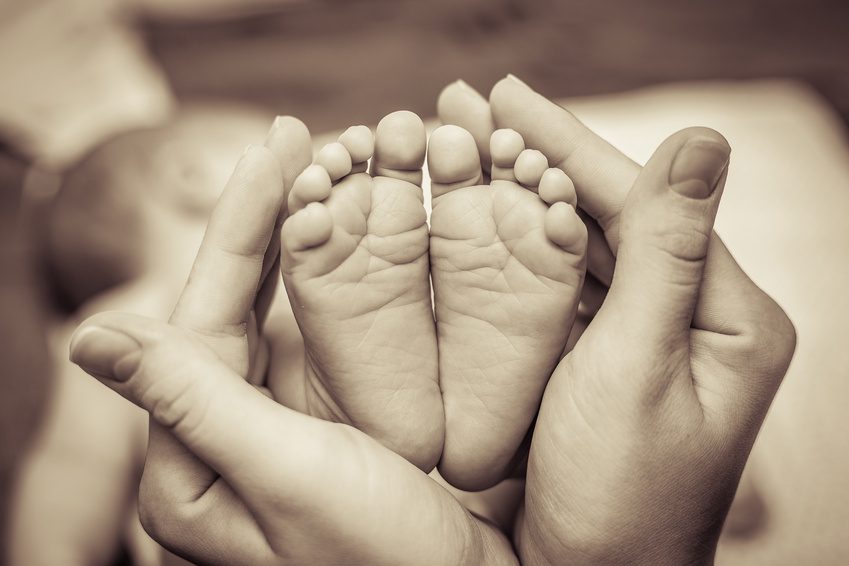D and A had two children, but they wanted three. Unfortunately, A’s uterus prevented them from attempting natural conception for their third child. Diagnosed with a heart-shaped uterus, A’s second pregnancy was traumatic, culminating in a delivery at 30 weeks and a five-week stay for their second child at NICU. For their third child, they chose to use a surrogate.

A gestational surrogate is a woman who is willing to carry a child for another couple. To use a gestational surrogate, couples synchronize the biological mother’s cycle with the surrogate’s monthly cycle. Then the eggs can be retrieved from the mother, and fertilized in the lab by the doctor using the father’s sperm. After the resulting embryos have had time to develop, the most viable one (or two) are implanted in the surrogate’s womb. While she is the birth mother, the gestational surrogate is not the biological mother.
A decided she would not get pregnant again herself after her second pregnancy. She described the second pregnancy as traumatic, spotting and contracting the whole time. She was afraid to move. D and she lived at her parent’s house from 16 to 30 weeks, when her daughter was born.
“We suffered through it, holding on to the hope that everything would be okay,” she said of the second pregnancy.
The good news is both of their girls are perfectly healthy little girls.
However, their hopes for that third child, preferably a boy, were not yet satisfied. And neither one of them could let it go. So they chose a gestational surrogate to carry their child for them the third time around. At the time of writing, they are 34 weeks pregnant with their third child, a boy.
A described how she came to her decision.
“For me there was no way I could ever do it again (be pregnant), even if the doctors were going to let me. But I still think about it,” she admitted. “Even knowing there was no way I could ever get through a pregnancy, every once in a while I have a fleeting fantasy that I got pregnant and I was 30 weeks along and everything is fine, just so I could enjoy being pregnant again. But that’s not the reality.”
She understands that making the decision to use a surrogate is hard for some couples, particularly those who still have hope that they could get pregnant on their own or be able to carry a pregnancy.
“It might have been easier for us since we had been through two pregnancies. I could imagine how getting to this step would be a lot harder for couples that hadn’t already been pregnant themselves. Pregnancy is a special unique feeling. It’s so hard to describe what it feels like to someone who has never been pregnant. For some couples, I think they see it as giving up. This was not giving up for us. This was our miracle, so to speak,” she said.
Gestational surrogates open the door of possibilities for couples having problems getting pregnant or carrying a pregnancy to term. For couples like D and A, where natural conception was no longer an option, surrogacy opened the door to making their dream of three children a reality.
D&A
